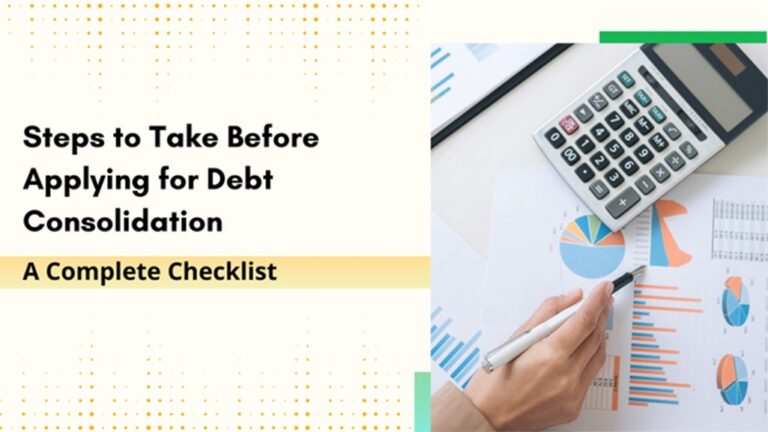Having loyal customers is crucial, but having brand advocates can propel your business to new heights. Brand advocates are those enthusiastic customers who not only love your products or services but also go the extra mile to recommend them to others.
These advocates can significantly boost your sales and enhance your brand’s credibility. In this blog post, we’ll explore six effective strategies to turn customers into brand advocates.
Understand Customer Advocacy
While a satisfied customer might be content with their purchase and may make repeat purchases, a brand advocate actively promotes your brand to others. This difference can have a huge impact on your business.
According to a Nielsen report, 92% of consumers trust recommendations from friends and family over any other type of advertising. This statistic alone highlights the importance of cultivating brand advocates who can drive sales and strengthen your brand’s reputation.
Identify Potential Advocates
An essential step in cultivating brand advocates is identifying which of your customers have the potential to become one. Look for customers who frequently engage with your brand on social media, leave positive reviews, or provide constructive feedback.
Social media, in particular, serves as a goldmine for spotting potential advocates. By monitoring comments, posts, and shares, you can easily pinpoint those who are already vocal about their love for your brand. These customers are your most likely candidates for becoming full-fledged advocates.
Build Trust and Loyalty
Once you’ve identified potential advocates, the next step is to build trust and loyalty. Creating a positive customer experience is essential here. Ensure that every interaction a customer has with your brand is seamless and enjoyable. Personalized interactions can also go a long way in building loyalty.
When customers feel valued and understood, they are more likely to remain loyal to your brand. Simple gestures like personalized emails or tailored recommendations based on past purchases can make a significant impact.
Reward Advocacy
Recognition and rewards play a crucial role in fostering brand advocacy. When customers feel appreciated, they are more inclined to continue promoting your brand. Implementing an advocacy program can be highly effective.
For instance, Tally loyalty technology offers a seamless way to reward your advocates. Successful advocacy programs often include exclusive perks, discounts, or even early access to new products. These rewards not only incentivize advocacy but also deepen the customer’s connection to your brand.
Empower Advocates
Empowering your customers to become advocates involves giving them the tools and encouragement they need. User-generated content is a powerful way to do this. Encourage your customers to share their experiences with your products on social media, and showcase these posts on your platforms.
Reviews are another excellent tool for empowerment. Prompt your customers to leave reviews and make it easy for them to do so. A customer who feels empowered to share their positive experiences is likely to become a strong advocate for your brand.
Measure and Improve Advocacy
To ensure the success of your advocacy initiatives, it’s essential to measure and continuously improve them. Key metrics to track include the number of referrals, social media engagement, and customer feedback.
By analyzing these metrics, you can identify what’s working and what needs improvement. Regularly seeking feedback from your advocates can provide valuable insights into how you can better support them.




